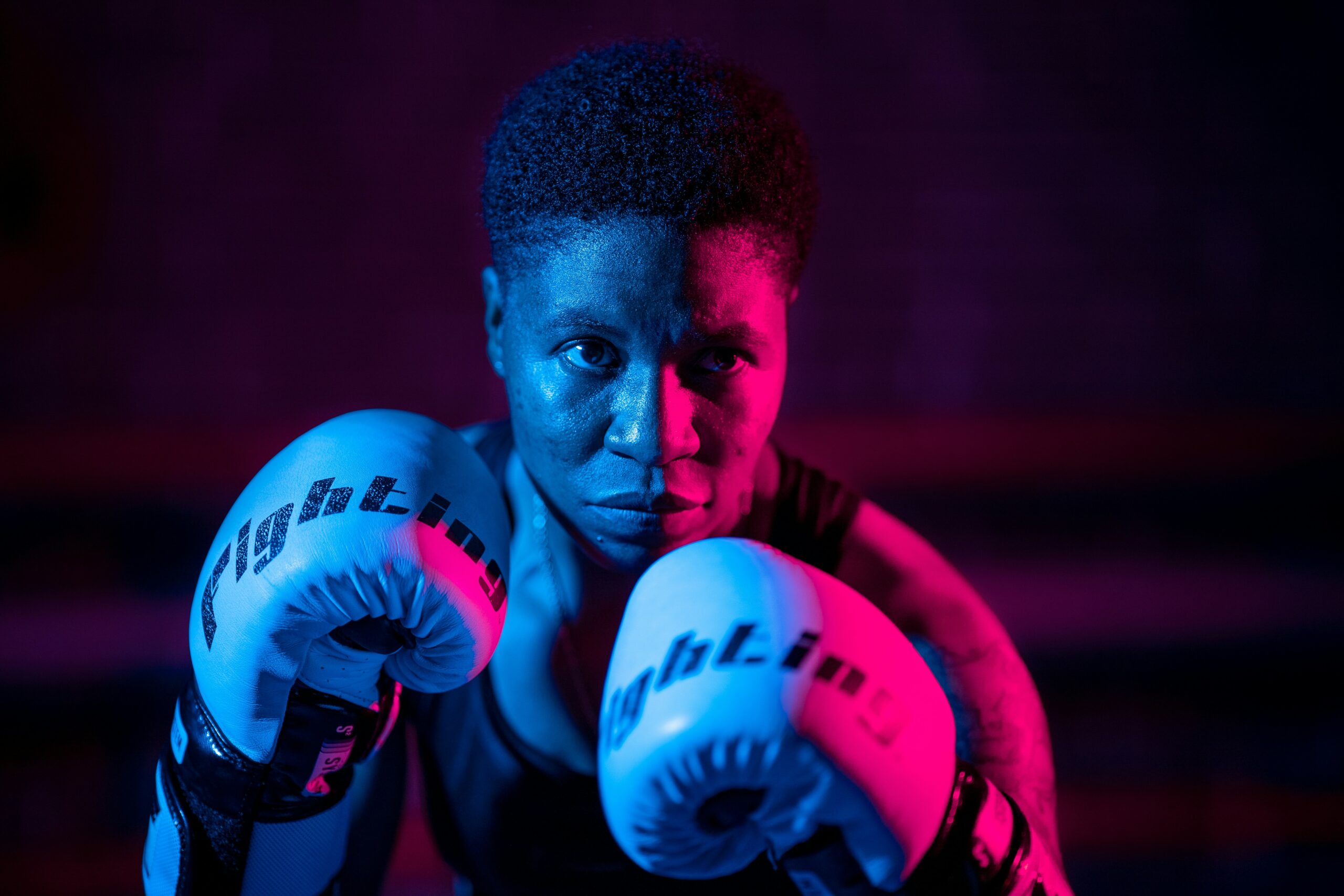Cultural Influence of Major Sports Tournaments
Sports tournaments have a profound cultural influence that extends far beyond the athletic competition itself. These events, often spanning weeks and involving global audiences, shape societal norms, cultural identities, and even international relations. From the Olympic Games to the FIFA World Cup, these tournaments serve as powerful platforms for showcasing diversity, fostering unity, and leaving lasting cultural legacies.
Unity in Diversity: Showcasing Global Cultures
Major sports tournaments bring together athletes, fans, and cultures from around the world, creating a melting pot of traditions, languages, and lifestyles. This diversity is celebrated not only in the performances of athletes but also in the cultural exchanges that take place among spectators and participants. For instance, the Olympic Games highlight the rich tapestry of global cultures through opening ceremonies, where each country proudly displays its unique heritage through music, dance, and attire.
According to Olympic historian David Wallechinsky, “The Olympics are about much more than just sports. They are a celebration of human achievement, cultural diversity, and international cooperation.”
Impact on Host Countries: Economic and Social Transformation
Hosting a major sports tournament can be a transformative experience for a country, both economically and socially. The influx of tourists, media coverage, and infrastructure development associated with these events often lead to significant economic growth and global exposure. For example, the FIFA World Cup hosted by South Africa in 2010 boosted the country’s tourism industry and improved its infrastructure, leaving a lasting impact on its economy.
Moreover, these tournaments provide an opportunity for host countries to showcase their cultural heritage and hospitality to the world. Local traditions, cuisine, and art forms gain international visibility, fostering a sense of pride and unity among citizens.
Legacy and Long-Term Cultural Impact
Beyond the immediate economic benefits, major sports tournaments leave enduring cultural legacies in host countries. These events inspire future generations of athletes, promote healthy lifestyles, and encourage social inclusivity. For instance, the Paralympic Games have played a pivotal role in raising awareness about disability rights and challenging stereotypes about athletes with disabilities.
According to the International Paralympic Committee, “The Paralympic Games are not just a sports event; they are a movement that promotes social inclusion and breaks down barriers.”
Global Diplomacy and Soft Power
Sports tournaments often serve as arenas for global diplomacy and the projection of soft power. Governments and organizations leverage these events to strengthen international relations, promote peace initiatives, and enhance their global influence. The Ping-Pong Diplomacy between the United States and China during the 1971 World Table Tennis Championships is a classic example of how sports can facilitate political dialogue and thaw diplomatic tensions.
Former U.S. Secretary of State Henry Kissinger famously remarked, “Sports has the power to change the world. It has the power to inspire, it has the power to unite people in a way that little else does.”
Conclusion
Major sports tournaments are not merely athletic competitions; they are powerful cultural phenomena that transcend borders and impact societies on a profound level. From fostering global unity and celebrating diversity to leaving lasting legacies and promoting diplomatic relations, these events shape the cultural fabric of our world. As we continue to witness the evolution of sports in the global arena, their cultural influence remains an integral part of our collective identity and heritage.
Whether through the Olympic Games, the FIFA World Cup, or other international sporting events, the cultural influence of major sports tournaments continues to resonate across continents and generations, inspiring millions and leaving an indelible mark on human history.




